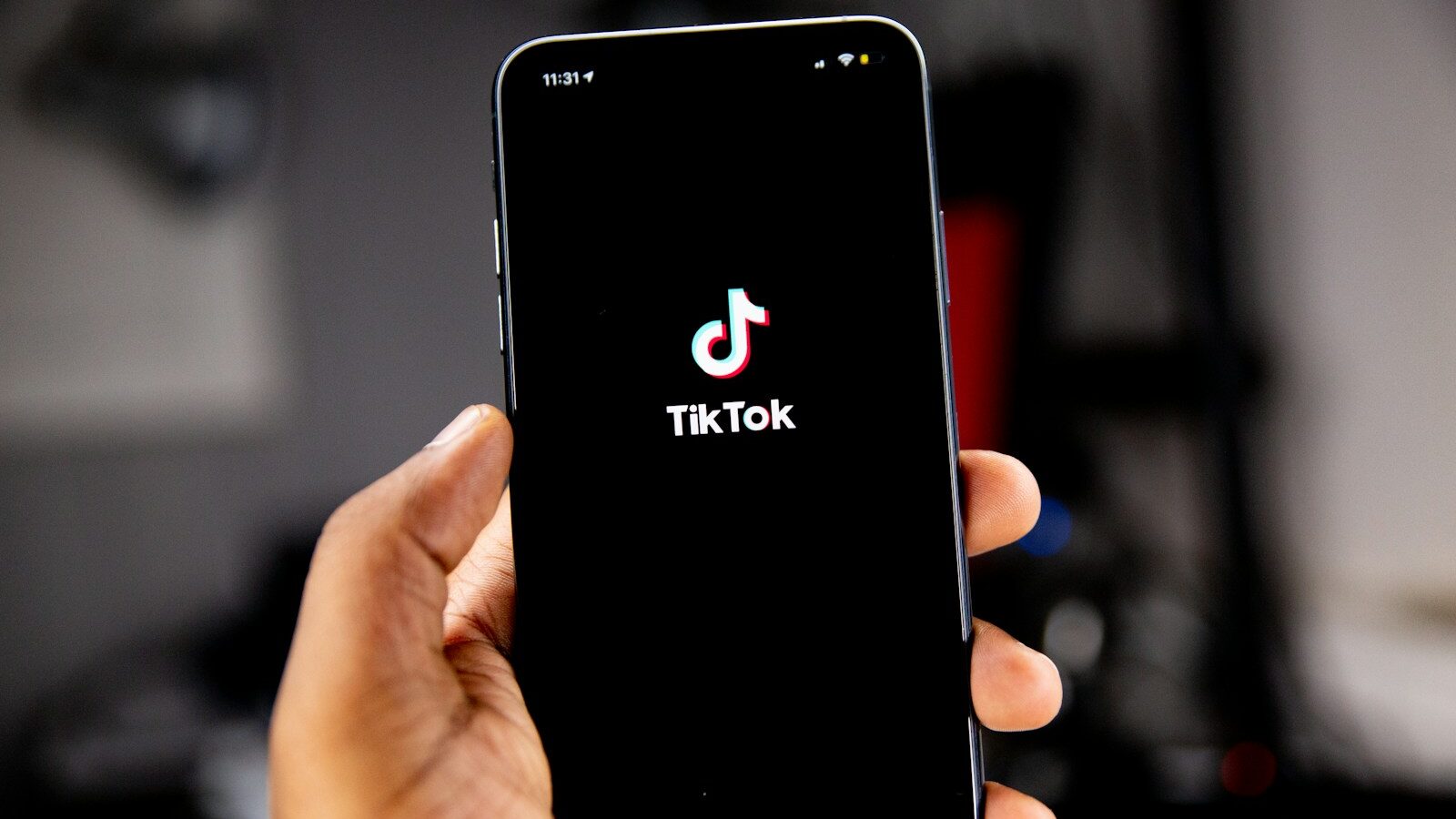This was written by Amanda Flint, Reward and Incentive Partner, Grant Thornton UK LLP.
With the deadlines for the government’s pension auto-enrolment scheme fast approaching for many businesses, now is a great time for organisations to review the benefits packages they offer. Rather than just being a token gesture, flexible and creative employee remuneration packages can provide a genuine incentive for people, as well as deliver financial benefits for the businesses implementing them. While there are many options out there, we’ve rounded up some of the most effective you can offer.
Benefits of salary sacrifice
Although pensions may seem like a standard benefit, there is more that can be done. As a result of auto-enrolment, employers may be facing a bigger total pension bill, as may the employee, who also needs to contribute to the scheme. Rather than the employee making the pension contributions directly, salary sacrifice schemes can provide a cost-effective way to help employees build up their pension fund, and also support additional benefits packages. The reason behind this is that employers don’t pay National Insurance (NI) on the salary that is sacrificed. These savings can then be used to offset other benefits schemes, such as gym membership, Bike To Work, life and health and other insurances, or even discount schemes for local restaurants.
A step further
If you want to take salary sacrifice one step further, you can give employees the opportunity to sacrifice salary for additional holiday. On a tangible, cost-savings-based level, this is a great chance to cut your wage bill, as well as benefit from the associated NI savings. This type of scheme can also have intangible benefits, improving employee satisfaction and even boosting productivity. The next steps to implement a scheme like this is to canvas opinion amongst employees to ensure you’ve got buy-in before rolling it out. There is very little point in introducing the scheme if it doesn’t suit the way your employees work. And, of course, it will not suit all types of business where the employee’s presence is vital to their role – such as call centres or production lines.
Did you know about these great HMRC schemes?
Outside salary sacrifice, there are several HM Revenue & Customs (HMRC) approved schemes for rewarding your employees. One such idea, which can also have a positive effect on the overall business, is the staff suggestion scheme. Under this, employers can pay up to £25, tax-free, for any employee suggestions on improving the way the business is run. Where employee ideas deliver a financial benefit for the company, you can pay them 50 percent of the financial benefit achieved in the first year following adoption or 10 percent of the financial benefit from the first five years, subject to a maximum of £5,000. This can be a great way to help people at all levels feel part of the business. In order to implement this in your business, it needs to be approved by HMRC: this is not an expensive or difficult process. The key is being able to show a distinct and measureable financial saving for the ideas that have been rewarded. As a commercial employer, you want to be able to reward people for delivering tangible savings for your business. Bear in mind that this scheme will only be as good as the communication process with employees; it needs to be clearly explained, and designed to encourage active participation.
Share schemes
There are a range of HMRC-approved share schemes that can be implemented. The share incentive plan allows an employer to award employees shares in the company, up to £3,000 per person per year, if they hit performance targets. These awards are tax-free, subject to certain restrictions, making it a great tax-free bonus scheme. The clever part is that if these targets are, for example, linked to profit, the scheme effectively becomes self-funding. The share incentive plan can also help support employee retention, by making it a condition that the employees can’t keep the shares if they leave within three years. After a set period, employees can get their hands on the shares. If they subsequently sell the shares, they are subject to capital gains tax but if they have an unused capital gains tax exemption for that year which fully covers the taxable gain, it means employees shouldn’t pay any tax on the sale. This is a great alternative to a standard all-employee bonus scheme, but it can be tricky to set up without the right professional advice.
Senior leaders
For key executives, where retaining this talent is vital, giving them a stake in the company is a good way of binding them to the business. HMRC’s Enterprise Management Incentive (EMI) is one such option. Although the scheme is only available to small and medium sized enterprises of fewer than 250 full-time employees (or equivalent), it means you can give senior staff share options tax-free, as opposed to granting shares outright, which generally do incur tax. This incentive works particularly well for exit-based arrangements, where senior executives don’t benefit until the company is sold. This ensures you can keep the best people for the lifetime of the business, as well as gives them an incentive for growing the company. There are also potential benefits from a capital gains tax perspective for EMI option shares.
Ultimately taking a flexible and creative approach to employee remuneration means you can provide schemes over and above what employees usually expect. By differentiating your business in the reward packages you offer to employees, you’ll be able to retain and attract the very best talent, while also cutting tax and NI bills.








